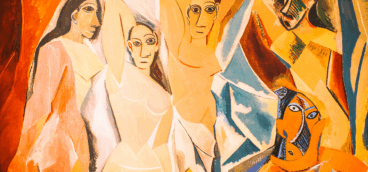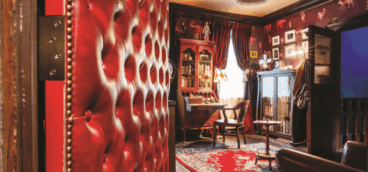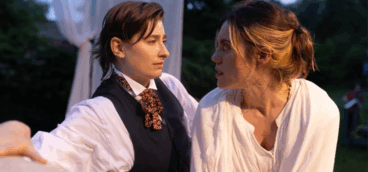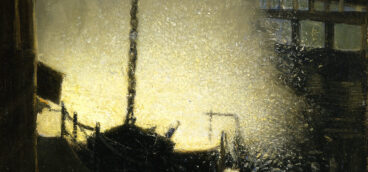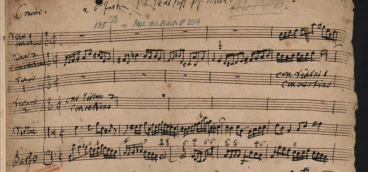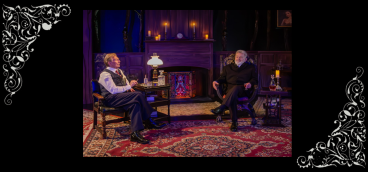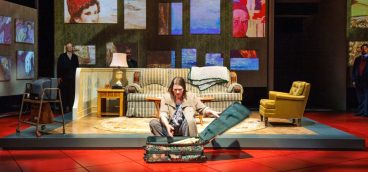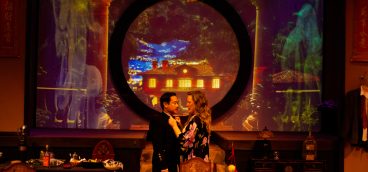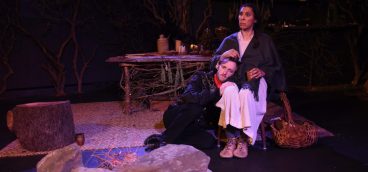Pittsburgh Opera Delivers a Rapturous “La Bohème”
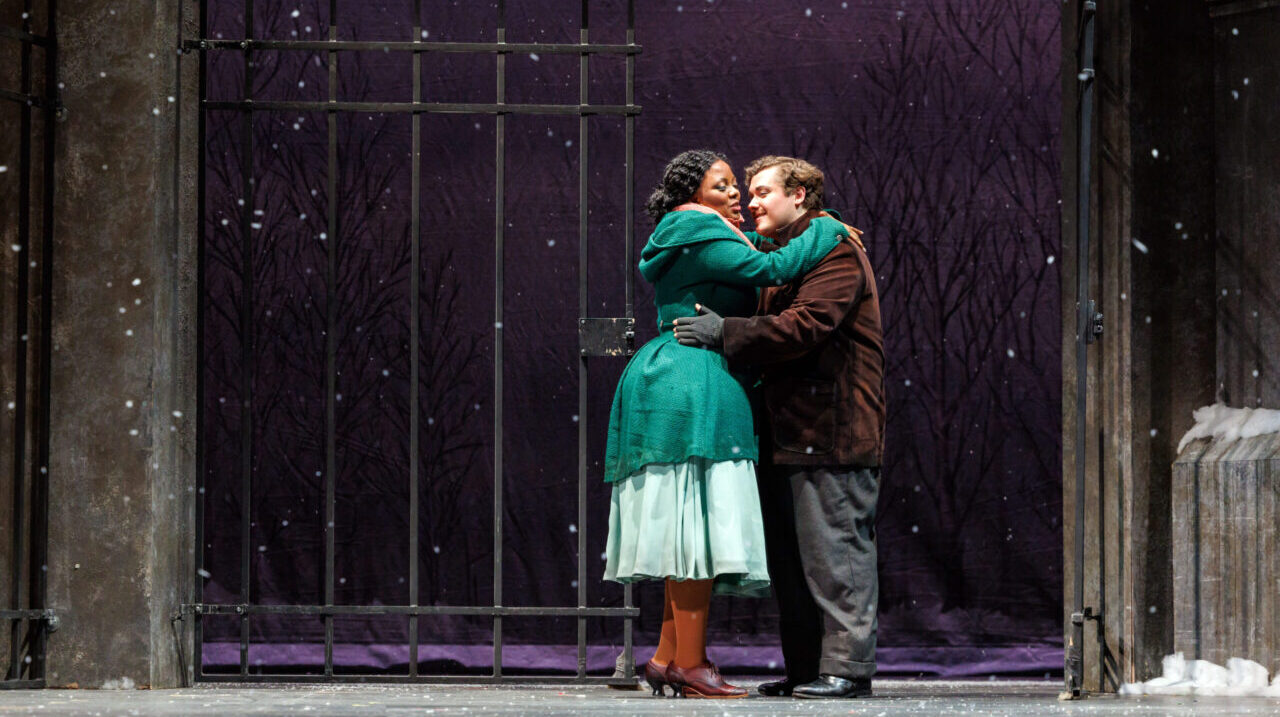
We tend to view “bohemia” through a hagiographic lens, but its inception, as depicted by the French writer Henri Murger in a series of vignettes entitled Scenes of Bohemian Life (1851), was hardly romantic. The first bohemians were poor, often living in squalid conditions, and suffered morbid degradations in physical as well as mental terms. That these experiences would blossom into one of the most popular and enduring operas ever written, Puccini’s La bohème (1896), is perhaps surprising, until you realize that for all the grand themes of creation, suffering and survival explored in this world of young artists and writers, it’s really just a simple love story, and therein lies its universal appeal.
If you’ve never been to an opera, then Pittsburgh Opera’s production of La bohème should be your first one, as it flows rapturously from moment to moment, bringing voice, music, and scenic elements together with such synergy that you never feel as if you’re watching a performance transpire; rather, you’re watching lives unfold before you.
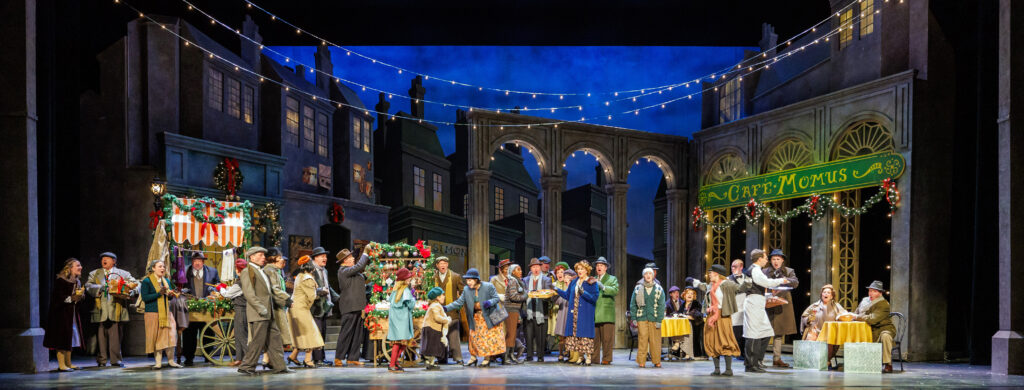
Stage director Kristine McIntyre arranges the sets and blocking into a painterly tableaux: we feel as if we’re walking through a museum listening to the characters sing from within their frames, like souls trapped in oil paint yearning to be alive.
Although the story is ultimately tragic, there is much humor in the action, especially the repartee between the two principal male characters, Rodolfo the poet, tenor Daniel O’Hearn, and Marcello the painter, baritone Zachary Nelson. O’Hearn’s voice has a way of modulating to the temper of the score; it rises to the optimal sonic level of each scene based on not just the tonal qualities of the orchestra, but also the voices juxtaposing it. Thus, his duets with Mr. Nelson – as well as with the female characters — are always nuanced and complimentary.
In the doomed role of Mimi, Rodolfo’s love interest, soprano Vuvu Mpofu manifests a vocal intensity that loses none of its interiority in her emotive arias and duets. Her singing exudes the kind of physical embodiment felt in an embrace, not just with the other characters, but with the audience as well. We believe that we live inside the world of these individuals, as long as we can hear them.
Soprano Brittany Olivia Logan electrifies the role of Marcello’s lover Musetta. Hers is a three-dimensional voice always on the verge of breaking through to a fourth dimension.
Conductor Anthony Walker’s musical direction fuses the Pittsburgh Opera Orchestra with the singers in such a way that they seem cognizant of each other’s sensitivities, never competing with but always complimenting each other’s role in the production.
Sung in Italian, with English supertitles, the libretto, by Luigi Illica and Giuseppe Giacosa, is both poignant and comic, with lines such as Rodolfo’s declaration that “Love is an oven that wastes too much fuel,” or Marcello’s characterization of Musetta, “She is like an owl, a bird of prey who feeds on hearts.” I found myself at times not needing to read the translations, as the rich performances didn’t require explication. Also, the two intermissions make for a very relaxed tempo; however, I felt so engrossed in the story that I didn’t want the action to stop.
Among the high points of the show are the bumbling waiters in Act II who mimic Mimi’s voice with their body movements, and the double duet in Act III, when the two sets of lovers sing to each other, at times contrapuntally, resulting in a crescendo of overwhelming emotion. To the credit of this company, and to Puccini, the tragic element is never sentimentalized.
Listening to this production of La bohème is like hearing voices dance in a choreography of music that is sometimes comic, sometimes tragic, but always moving. See this show if you love opera, or if you’ve never been to an opera. Either way you’re in for a sublime evening.
LA BOHÈME continues through October 26th, Benedum Center, Downtown, $10-195. www.pittsburghopera.org, or 412-456-6666.


